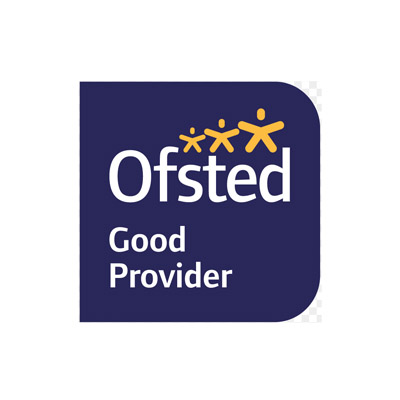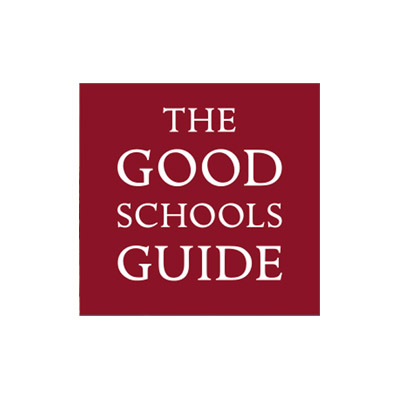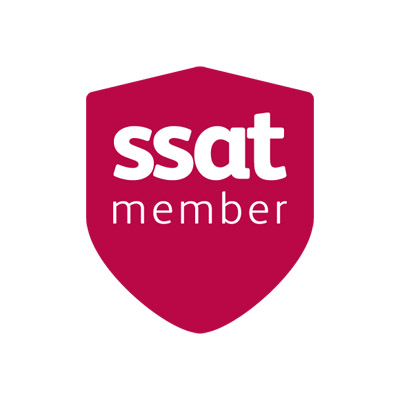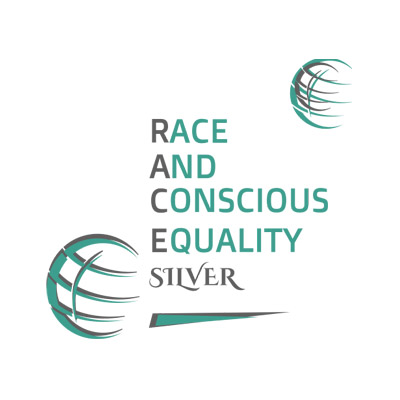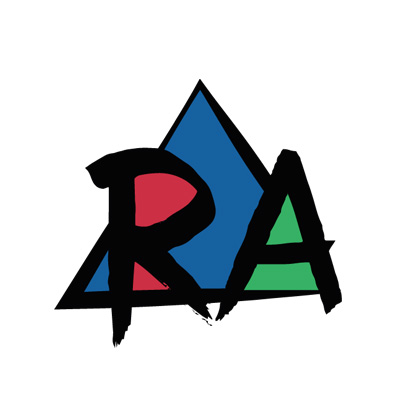Computing
About the Department
Head of Department: Ms M King
Other Teachers: Also teaching KS3 are Ms A Rout, Mrs F Khan, Mr N Draper and Ms L Peirce
What you will study:
At Key Stage 3, as a department we encourage the girls to learn independently and to solve problems for themselves. They will also share their knowledge and skills with their peers which encourages team building. Computational thinking is a valuable skill for understanding the world of technology and the curriculum allows them to link what they do in lessons to the world around them.
Course Content:
There are several opportunities for our students to use various applications. They will often use more than one piece of software and students will develop the skills to be able to choose suitable software, based on the problem or task assigned.
Year 7
Computational Thinking
Programming with the Micro:bit
Using Computers Safely, Effectively and Responsibly
Introduction to Spreadsheets
Using Media – Gaining support for a cause
Graphics
Year 8
Computer Crime and Cyber Security
App design
Introduction to Python Programming
Spreadsheet Modelling
AI and machine learning
Year 9
Algorithms and Computational Thinking
AI and Wearable Technology
Binary
Podcast Project
Python programming
Animation project
Assessment:
The work completed by the students will be assessed in a number of ways; teacher, self and peer assessed. The work given is also linked to a set of transferable skills that the students can apply to other subject areas and aspects of life.
Key Stage 4 Computer Science
What you will study:
At Key Stage 4 we offer GCSE Computer Science from the Edexcel exam board. This course is designed to develop computational thinking skills and apply them to practical scenarios.
Course Content:
Topics studied:
- Computational Thinking
- Data
- Computers
- Networks
- Issues and Impact
- Problem Solving with Programming
Assessment
Paper 1
Principles of Computer Science is a written examination of 1 hour and 30 minutes
What’s assessed:
This paper consists of five compulsory questions, each one focused on one of the topic areas from 1-5 above.
Paper 2
Application of Computational Thinking is an onscreen examination of 2 hours
This paper will assess Topic 6: Problem solving with programming.
Assessment overview
This practical paper requires students to design, write, test and refine programs in order to solve problems.

